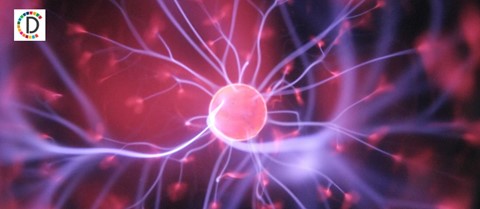Reuters Science News Summary

Following is a summary of current science news briefs. Iranian satellite launch fails due to technical issues: Official
An Iranian rocket exploded on its launch pad at Imam Khomeini Space Center in northern Iran before its scheduled launch on Thursday, an Iranian official said. The launch was due to have taken place despite U.S. warnings to Iran that it should avoid such activity. Idaho artifacts show human presence in Americas 16,600 years ago
Artifacts including stone tools and animal bone fragments found in Idaho dating back about 16,600 years represent what may be the oldest evidence of humans in the Americas and offer insight into the routes people took as they spread into the New World. Scientists on Thursday said they used a technique called radiocarbon dating to determine the age of artifacts unearthed at an archeological site called Cooper's Ferry along the Salmon River in western Idaho near the town of Cottonwood. As Dorian looms, Florida's Space Coast braces for possible unprecedented impact
As Hurricane Dorian advances on a course likely to slam the Florida peninsula within days, U.S. space agencies and aerospace companies are sheltering millions of dollars in hardware and assets along the Space Coast. Dorian, expected to strengthen in the Atlantic to a Category 4 storm with winds topping 130 miles per hour (209 kilometers per hour), could churn across dozens of launchpads owned by NASA, the U.S. Air Force and companies such as Elon Musk's SpaceX and Jeff Bezos' Blue Origin starting around Monday. In watershed discovery, skull of ancient human ancestor unearthed
Scientists on Wednesday announced the landmark discovery in Ethiopia of a nearly complete skull of an early human ancestor that lived 3.8 million years ago, a species boasting an intriguing mixture of apelike and humanlike characteristics. The fossil dubbed MRD, which provides insight into a pivotal period for the evolutionary lineage that eventually led to modern humans, belongs to the species Australopithecus anamensis, which first appeared roughly 4.2 million years ago. No 'gay gene', but study finds genetic links to sexual behavior
A large scientific study into the biological basis of sexual behavior has confirmed there is no single "gay gene" but that a complex mix of genetics and environment affects whether a person has same-sex sexual partners. The research, which analyzed data on DNA and sexual experiences from almost half a million people, found there are thousands of genetic variants linked to same-sex sexual behavior, most with very small effects.
Also Read: Dialogue needed between FinMin, tax officials: Sitharaman
(This story has not been edited by Devdiscourse staff and is auto-generated from a syndicated feed.)
ALSO READ
Elon Musk may unveil Tesla's India investment plan this month
President Milei of Argentina seeks potential investment from Elon Musk during US tour
President Milei of Argentina to embark on US tour aiming to meet with Elon Musk, amid economic challenges
"Elon Musk has brought new and disruptive technologies in many domains", says Indian Space Association DG
"Elon Musk has brought new and disruptive technologies in many domains", says Indian Space Association DG










